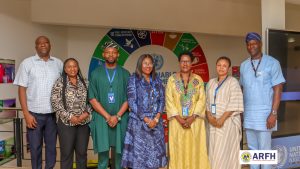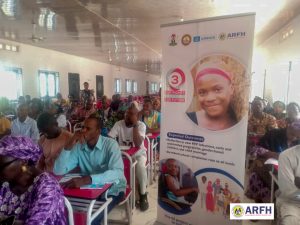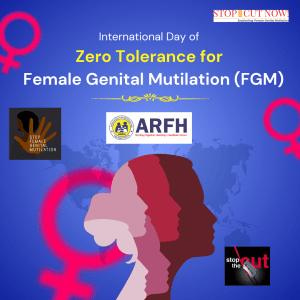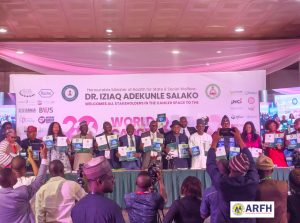 The International Youth Day is commemorated every year on 12th August to promote better awareness of the guidelines of the United Nations’ ‘WPAY’ agenda to improve the situation of youths around the world. The theme of #InternationalYouthDay 2017 is “Youth Building Peace”, aiming to improve peace and security towards achieving sustainable development.
The International Youth Day is commemorated every year on 12th August to promote better awareness of the guidelines of the United Nations’ ‘WPAY’ agenda to improve the situation of youths around the world. The theme of #InternationalYouthDay 2017 is “Youth Building Peace”, aiming to improve peace and security towards achieving sustainable development.
The World Programme for Action for Youth (WPAY) encourages people around the world to raise awareness in their respective countries about WPAY’s fifteen youth priority areas and their fields of action, namely: education, employment, hunger and poverty, health, environment, substance abuse, juvenile justice, leisure-time activities, girls and young women, participation of youth in the life of the society and decision-making, globalization, information and communication technologies, HIV/AIDS, armed conflict and intergenerational issues.
The Association for Reproductive and Family Health (ARFH) promotes quality reproductive and family health information and services for vulnerable communities including youth in order to safeguard their sexual and reproductive health towards building a healthier future.
In commemoration of #IYD2017, ARFH is raising awareness of the importance of life-buildig skills, including responsible sexual behaviour and contraceptives, in the prevention of sexually transmitted infections (STIs), and unplanned pregnancies, and most especially, the unrecognized importance of emergency contraceptives in the protection of vulnerable girls and women in vulnerable communities.
With the growing youth population worldwide, imparting knowledge that can safeguard the lives of young people and protect their sexual and reproductive rights in order to ensure improved livelihoods, will inspire many ‘youths building peace’.
In these times of crisis that has displaced thousands of Nigerians from their homes, many young women, are unfortunately, at risk of coerced sexual abuse and rape, therefore raising awareness of emergency contraceptives (EC) is important as many face challenges that have made EC pills’ access very critical.
As emergency contraceptive pills are safe for women of all ages, and as unmarried Nigerian adolescents are usually discouraged from sex, many do not plan for sex and lack access to contraceptives and information on how to use them. With the difficulty these young girls and women face in negotiating contraceptive use, knowledge of emergency contraceptives can save their lives and also save many more from ruin.
The heated debates that have reduced access to EC worldwide is usually due to misunderstandings about the safety of EC for all women, but in fact, EC pills are very safe.
Subsequent upon this, the international Consortium for Emergency Contraceptives (ICEC) has published “8 Top Tips for Advocates Working on Emergency Contraception” (http://www.cecinfo.org/icec-publications/top-tips-advocates-working-emergency-contraception/), top of which is related to dispelling myths and misconceptions about and promoting accurate information on EC.
There are some misunderstood aspects of EC: refer to the following key messages:
- Women of any age, including adolescents and youth, can use EC
- EC cannot cause an abortion. EC prevents pregnancy.
- EC is safeand has few side effects. It can be used safely each time a woman or girl wants to prevent an unintended pregnancy.
- Women and girls have a right to access EC when they need it.
In line with the inclusion of emergency contraceptives in Nigeria’s ‘Essential Medicines’ List’, ARFH advocates for Emergency Contraceptive pills to be made available to all Nigerian women especially young women in vulnerable communities such as Internally Displaced Persons (IDP) camps and in towns at risk of insurgency.




